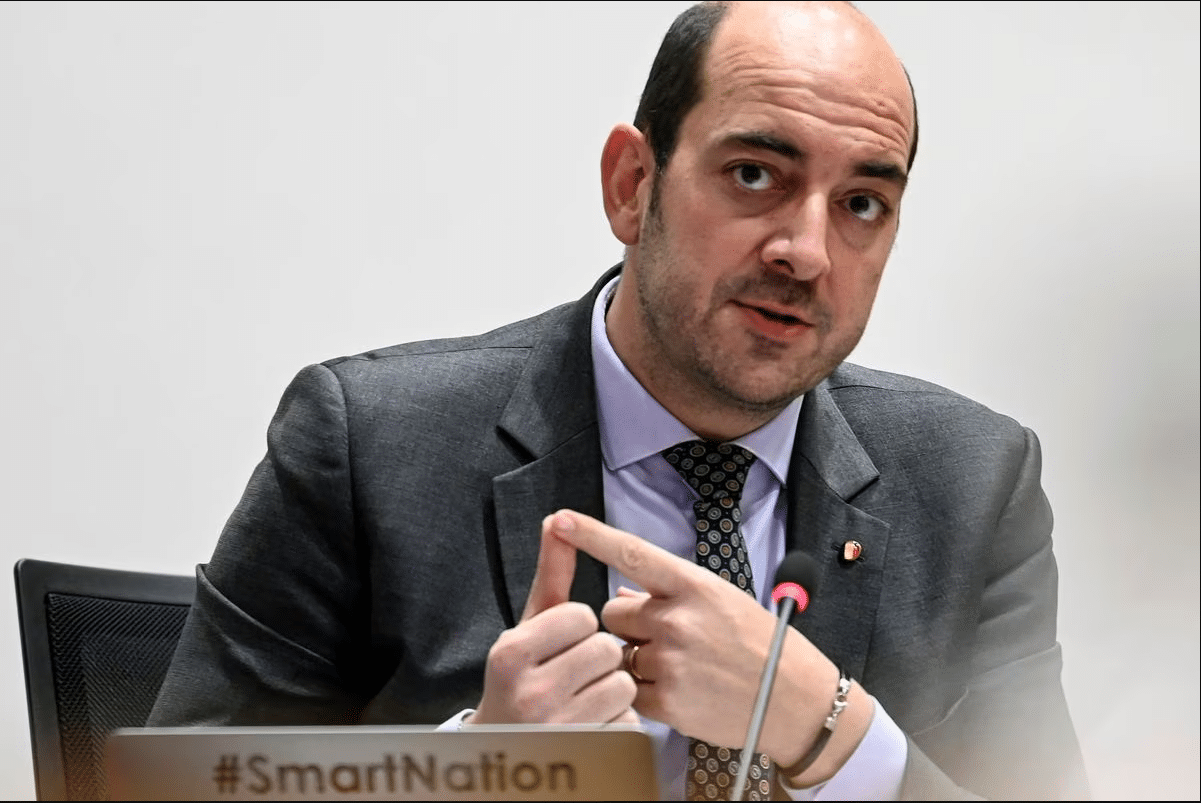Mathieu Michel, Belgium's minister in charge of digitization and deputy prime minister, who participated in Yahoo's The Crypto Mile program, talked about the country's plans for cryptocurrencies.
Stating that Europe has a desire to regulate cryptocurrencies, the minister stated that regulation is mandatory for the rapidly developing crypto money ecosystem.
According to the minister, cryptoassets should not be treated as just currency. Thinking that cryptos can also be a store of value, an identity document, a proof of ownership, the minister therefore thinks that regulations are essential.
“To describe cryptocurrencies as just money and as a financial instrument would be an understatement. I see them as a store of value and a way to protect privacy.”
Evaluating the crypto money law MICA, which was approved by the European Parliament, the minister stated that this legal framework text aims to strike a balance between innovation, security and privacy without hindering innovation.
“MICA will help Europe build a robust ecosystem and benefit from the upcoming wave of web3.
Europe focuses on creating a safe investment environment and the purpose of this law is to create that trust.
There are many opportunities on blockchain, but this needs to be done in a trusted ecosystem.
MiCA will bring crypto assets under the same regulatory umbrella as other financial instruments, facilitating the interaction of crypto companies with the traditional financial sector.”
Europe's Blockchain "Europeum"
Expressing that there is a blockchain work to be used in the entire European Union, the Minister stated that they will implement this project when they enter the EU presidency in 2024.
Sharing the details of the blockchain, which will host concrete applications, digital wallets and digital identities, the minister said:
“I proposed a European blockchain idea called Europeum for digital payments and smart contracts.
This project will offer greater independence over digital payments and smart contracts, preventing the EU from being dependent on foreigners for critical infrastructure data.
Transactions here will offer greater security and privacy, increasing transparency and efficiency.
Data sharing within the EU will be facilitated, while the cost of cross-border payments will be reduced.
Many data such as identity cards, passports, property documents will be included in this chain and can be used.
Work on this blockchain has already begun, with the European Blockchain Services Infrastructure (EPSI) project currently existing in Europe.
EBSI works with a proof-of-authority (PoA) system, a consensus algorithm that requires much less energy than others and aims to be blockchain agnostic.”










